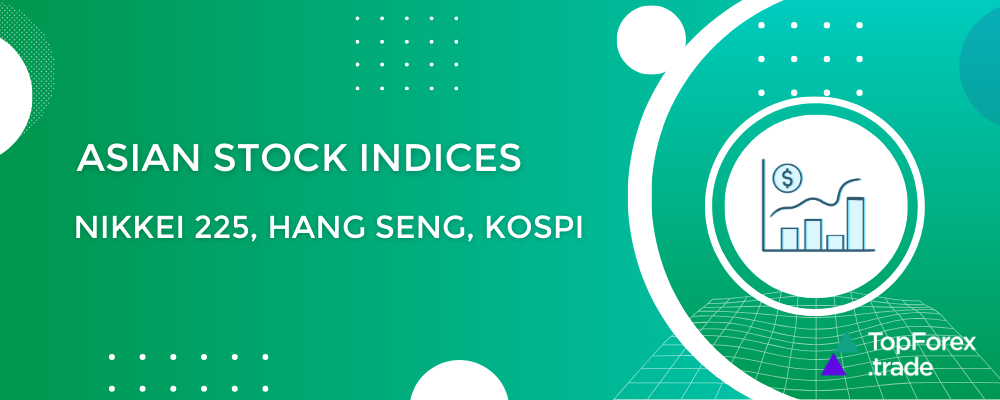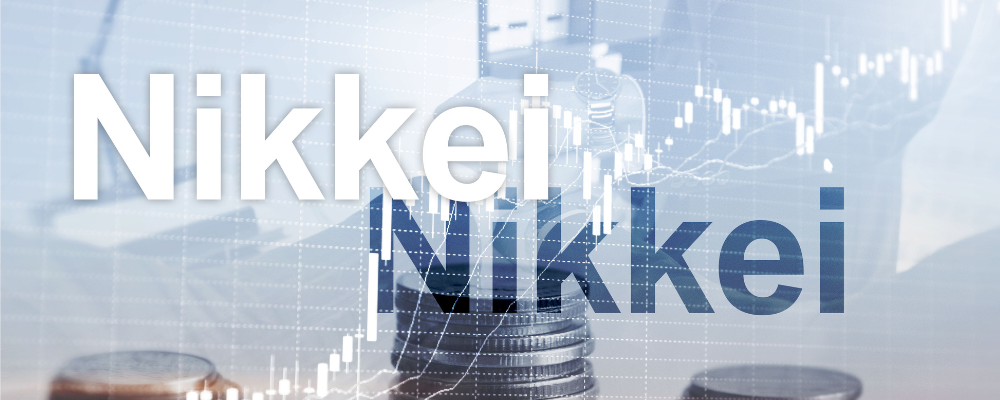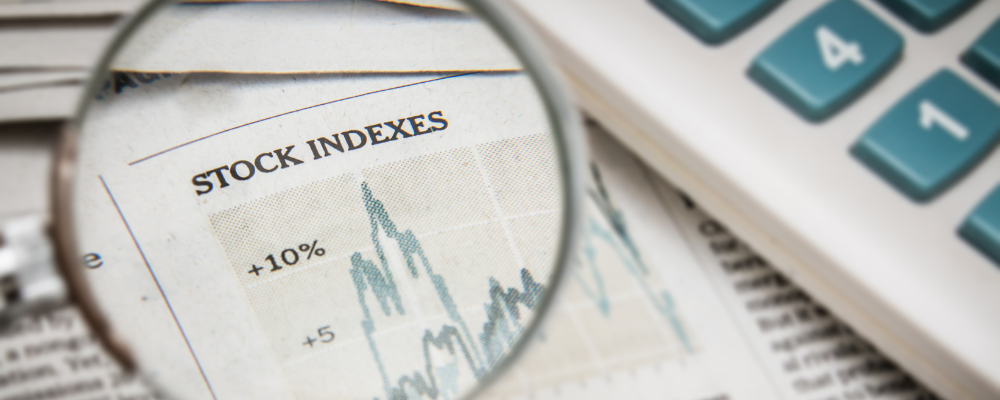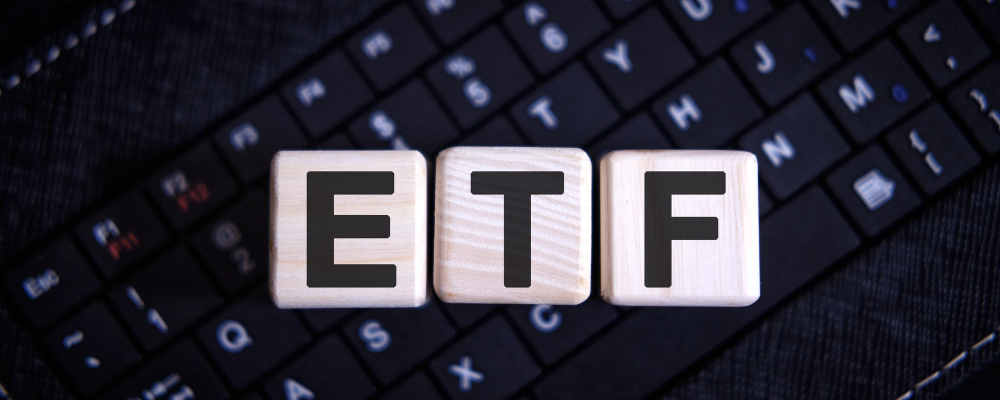Nikkei 225, Hang Seng, and KOSPI: which Asian stock index should you trade?

When it comes to Asian stock markets, three major indices stand out: the Nikkei 225 (Japan), Hang Seng Index (Hong Kong), and KOSPI (South Korea). Each represents a key financial hub with unique economic drivers, sector compositions, and global influences. But how do they compare in terms of performance, volatility, and investment appeal? Let’s dive into the key differences and what they mean for traders and investors.
Nikkei 225 vs. Hang Seng vs. KOSPI
Asian stock markets are some of the most exciting in the world, with huge daily trading volumes and strong global influence. The three biggest players are:
✅ Nikkei 225 (Japan 🇯🇵) – Focuses on tech and industrial giants
✅ Hang Seng Index (Hong Kong 🇭🇰) – Heavily influenced by Chinese companies
✅ KOSPI (South Korea 🇰🇷) – Driven by tech, semiconductors, and exports
Each index has unique characteristics that impact its performance, volatility, and trading opportunities. Let’s break them down in a simple and fun way! 🧐💡
Nikkei 225: Japanese tech and industrial powerhouse

The Nikkei 225 is Japan’s most famous stock index, tracking 225 of the biggest companies on the Tokyo Stock Exchange. Think of it as the “Dow Jones of Japan.” 🏯
Why trade the Nikkei 225?
✅ Tech and automotive leadership: Home to global giants like Toyota, Sony, SoftBank, and Nintendo.
✅ Export-driven growth: Japan’s economy is heavily dependent on global trade, meaning the Nikkei moves with world markets.
✅ Monetary policy sensitivity: The Bank of Japan plays a big role in stimulating or slowing down the economy—which affects the index.
Is the Nikkei 225 volatile?
🔸 Moderate to high volatility – It reacts to global trends, interest rates, and the USD/JPY currency pair.
🔸 Example: If the yen weakens, Japan’s exports become cheaper → Nikkei 225 stocks rise!
Nikkei 225 investment and trading appeal
The Nikkei 225 is perfect for:
✅ Long-term investors who believe in Japan’s tech and manufacturing growth
✅ Short-term traders who love price swings due to global news
Hang Seng Index: the China-linked rollercoaster
The Hang Seng Index (HSI) represents the biggest companies in Hong Kong but is heavily linked to China. This makes it one of the most volatile indices in the world!
Why trade the Hang Seng?
✅ Chinese market exposure: Includes major companies like Alibaba, Tencent, and HSBC.
✅ Government policy effects: China’s regulations can cause big price swings.
✅ Currency and U.S. relations impact: News about U.S.-China trade wars and the Hong Kong dollar (HKD) moves the index.
The Hang Seng volatility – high and wild
🔹 Example: If China tightens tech regulations, stocks like Tencent crash, pulling HSI down.
🔹 But if China announces stimulus? 🚀 HSI jumps up!
The Hang Seng investment and trading appeal
HSI is a high-risk, high-reward index, great for:
✅ Active traders who love price action
✅ Investors betting on China’s long-term economic strength
KOSPI: South Korean tech titan

The KOSPI (Korea Composite Stock Price Index) is South Korea’s main stock index, filled with tech, semiconductor, and automotive giants.
Why trade the KOSPI?
✅ Tech powerhouse: Home to Samsung, Hyundai, and SK Hynix.
✅ Global semiconductor demand: If the world needs more chips, KOSPI stocks rise! 📈
✅ Export-driven: South Korea’s economy relies on global demand, making it sensitive to world trade trends.
The KOSPI – moderate to high
🔹 Example: A global chip shortage? 🚀 Samsung & SK Hynix soar!
🔹 Geopolitical risks: Tensions with North Korea can lead to sudden price drops.
The KOSPI investment and trading appeal
KOSPI is a great choice for:
✅ Tech-focused investors looking at semiconductor growth
✅ Traders who track export trends
How to trade Nikkei 225, Hang Seng, and KOSPI
CFDs (Contracts for Difference)
🔹 What are CFDs?
CFDs allow you to trade on the price movements of an index without owning the underlying assets. You’re essentially betting on price fluctuations.
➡ More about CFD trading: Forex trading of CFDs: what is it and how to trade them
🔹 Real case example – Hang Seng Index (HSI):
Let’s imagine Alibaba (which heavily influences the Hang Seng) has just announced disappointing earnings due to tighter Chinese regulations on tech companies. As a result, HSI plummets by 500 points.
- You expect the fall to continue, so you go short on the HSI CFDs.
- You sell 1 CFD contract at $10 per point when HSI is at 24,000 points.
- Over the next week, the HSI drops 500 points to 23,500.
- Profit: 500 points x $10 per point = $5,000.
This is a real strategy used by professional traders who follow global news and major stock movements. In this case, the falling market was predicted, and the trader profited by shorting.
ETFs (Exchange-Traded Funds)

🔹 What are ETFs?
ETFs are funds that track an entire index. They are ideal for long-term investors who want to invest in a broad range of stocks without having to pick individual companies.
➡ Check out: Exchange Traded Funds (ETFs): what they are and how to trade them
🔹 Real case example – Nikkei 225:
Imagine that you believe Japan’s economy will recover after a post-pandemic boost thanks to an increase in exports and the Tokyo Olympics driving international investment.
- You decide to buy an ETF that tracks the Nikkei 225, like the iShares MSCI Japan ETF (EWJ), at $60 per share.
- Over the next 12 months, the Nikkei 225 grows by 20% (from 28,000 to 33,600 points).
- Your ETF investment also rises by 20%, bringing your share price to $72.
- Profit: If you bought 100 shares at $60 ($6,000 total), your investment would now be worth $7,200, giving you a $1,200 gain.
This is a real strategy for those looking for steady growth without actively trading.
Futures contracts
🔹 What are futures contracts?
Futures contracts are agreements to buy or sell an index at a predetermined price at a future date. Advanced traders use them because they allow high leverage, meaning you can control a larger position with less capital.
➡ You can also read: Forex futures trading explained: how to make a profit
🔹 Real case example – KOSPI:
Let’s say Samsung has just reported a massive earnings beat, with a forecasted 10% increase in chip production for the year. The KOSPI futures are now showing a bullish trend, and you believe it will continue to rise.
- You decide to buy KOSPI futures for $100 per point when the KOSPI is at 3,150.
- In the next two weeks, the index rises 150 points to 3,300.
- Profit: 150 points x $100 per point = $15,000.
This is an example of using leverage with futures contracts. Although the potential for higher gains exists, remember that leverage can magnify losses, so this approach is better suited for experienced traders.
Nikkei 225 vs. Hang Seng vs. KOSPI – which is best for beginners?
| Index | Volatility | Best for | Why? |
|---|---|---|---|
| Nikkei 225 | Moderate 📊 | Long-term investors and trend traders | Japan’s blue-chip stocks make it more stable. It follows strong economic cycles and global trends. |
| Hang Seng (HSI) | High ⚡ | Swing traders and high-risk traders | Moves heavily based on Chinese economy, tech stocks, and regulations. Ideal for active traders looking for big price swings. |
| KOSPI | Medium-High 🔥 | Experienced traders and futures traders | Driven by Samsung & tech stocks, great for futures trading but can be volatile. |
🔰 Best pick for beginners: Nikkei 225
If you’re a beginner, Nikkei 225 is the safest option because it’s less volatile than Hang Seng and KOSPI. It follows global market trends and offers good long-term growth potential with ETFs or CFDs.
If you like high volatility, then Hang Seng might suit you. However, be prepared for sudden drops due to regulatory changes in China.
Best Forex brokers for Asian stock indices
To execute these strategies, you’ll need a broker that offers competitive spreads, fast execution, and a variety of trading instruments. Here are a few top brokers:
HF Markets (HFM)
1️⃣ HF Markets – best for low spreads and regulation
✅ Why trade with HFM?
🔹 Ultra-low spreads on major indices like Nikkei 225, Hang Seng, and KOSPI.
🔹 Regulated in multiple jurisdictions, offering high security for traders.
🔹 MT4 & MT5 platforms with advanced charting tools.
🔹 Flexible leverage options for both beginners and professionals.
🔹 Fast execution speeds with no dealing desk intervention.
🔹 Islamic accounts available for traders who need swap-free trading.
📌 Best for: Traders looking for tight spreads, strong regulation, and smooth execution when trading Asian indices.
AvaTrade
2️⃣ AvaTrade – best for automated and mobile trading
✅ Why trade with AvaTrade?
🔹 AvaTradeGO mobile app makes trading indices on the go super easy.
🔹 Supports trading bots & automation, great for algo traders.
🔹 Fixed and variable spreads, giving flexibility to different trading styles.
🔹 Offers social trading, allowing traders to copy experts.
🔹 Strong global regulation, ensuring security and compliance.
📌 Best for: Traders who prefer mobile & automated trading with competitive spreads.
Exness
3️⃣ Exness – best for high leverage and fast execution
✅ Why trade with Exness?
🔹 Super high leverage options for experienced traders.
🔹 Instant withdrawals, making it easy to manage funds.
🔹 Tight spreads on major indices, reducing trading costs.
🔹 24/7 customer support in multiple languages.
🔹 MT4 & MT5 platforms with deep market liquidity.
📌 Best for: Traders who want high leverage, fast execution, and seamless withdrawals.
XTB
4️⃣ XTB – best for beginner-friendly platform and low fees
✅ Why trade with XTB?
🔹 User-friendly trading platform (xStation 5) with easy index tracking.
🔹 Commission-free trading on CFDs for indices, reducing trading costs.
🔹 Extensive educational materials, making it perfect for beginners.
🔹 Negative balance protection, ensuring traders don’t lose more than they invest.
🔹 Good execution speeds, ideal for scalpers and day traders.
📌 Best for: Traders who want a beginner-friendly broker with zero commissions on index CFDs.
BlackBull Markets
5️⃣ BlackBull Markets – best for institutional-grade trading conditions
✅ Why trade with BlackBull Markets?
🔹 ECN pricing model ensures tight spreads and deep liquidity.
🔹 Fast trade execution, ideal for scalpers and HFT traders.
🔹 Supports VPS hosting, great for algorithmic trading.
🔹 Access to MetaTrader 4 & MetaTrader 5 with institutional-grade tools.
🔹 Strong security and regulation for safe trading.
📌 Best for: Traders who need institutional-grade execution and ECN conditions.
Related articles:
Nikkei 225, Hang Seng, and KOSPI indices - FAQ